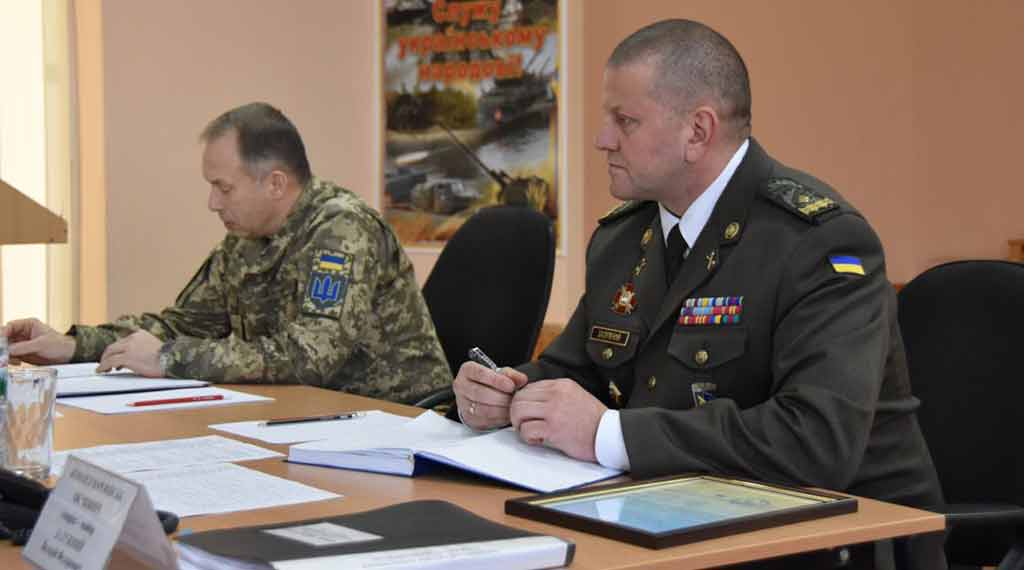Volodymir Zelensky, Ukraine’s president, is at war – with his generals. He has admonished the head of the Ukrainian armed services, Valery Zaluzhny, who last week told The Economist that “just like in the First World War, we have reached the level of technology that puts us into a stalemate. There will most likely be no deep and beautiful breakthrough.”
Even The New York Times, a US administration mouthpiece on Ukraine, has written about the clash between Zelensky and his generals.
Zelensky has insisted that Ukraine will win the war against Russia and drive the Russians out of the country. Kiev’s massive offensive, mostly concentrated in the Zaphorize area, failed, with heavy losses on the Ukrainian side. The renewed battle for Bakhmut, launched by Zelensky over the objections of his generals, also has not succeeded and has cost many lives and much equipment.
Meanwhile, Zelensky insisted on defending Avdiivka, a small city dominated by a huge coke plant. Coke is used for blast furnaces in steelmaking. The Ukrainians are steadily losing ground in and around the city. The Ukrainians had to transfer one of their best brigades, the 54th Mechanized, to Kupyansk, replacing it with a far less capable and trained territorial brigade tasked with holding Avdiivka.
Kupyansk is a critical strategic railway hub. Losing it would cause Ukraine great difficulty in transferring supplies to its forces around Kharkiv, the country’s second-largest city. This suggests that a big battle may soon focus on Kharkiv.
Zaluzhny’s image of World War I, and his focus on how it was a stalemate in which both sides dug deep trenches and saturated each other with artillery, is half an image of what happened in that war. The other half of the story is that Germany lost the war because it could not sustain the fighting, lacking enough military supplies and even food for its troops. Once the US joined the Allied forces, the balance was tipped.
Zelensky’s problem is that he can’t win foreign support for Ukraine by advertising a stalemate. Zaluzhny’s statements, which also included unrealistic demands for weapons and technology – some of which simply do not exist – also caused problems for Zelensky. The president, of course, did want more supplies and aircraft but he continued to argue that with these supplies Ukraine would be able to push Russia out of Ukraine.
- Europe makes missiles for Patriots as Israel retires them - May 9, 2024
- Israel’s attack on Iran: What we know so far - April 23, 2024
- Apply Israel-Iran lessons to Taiwan - April 18, 2024

